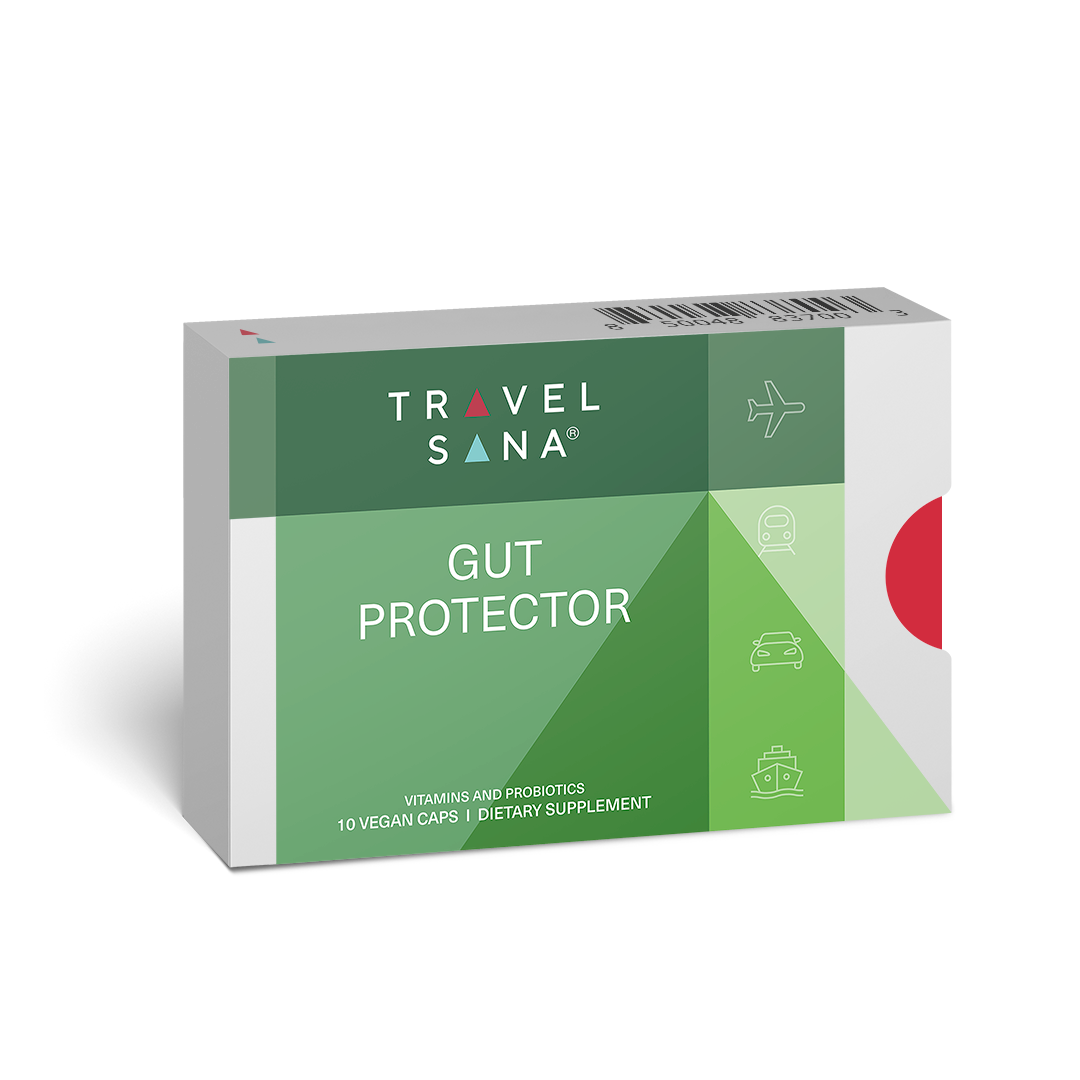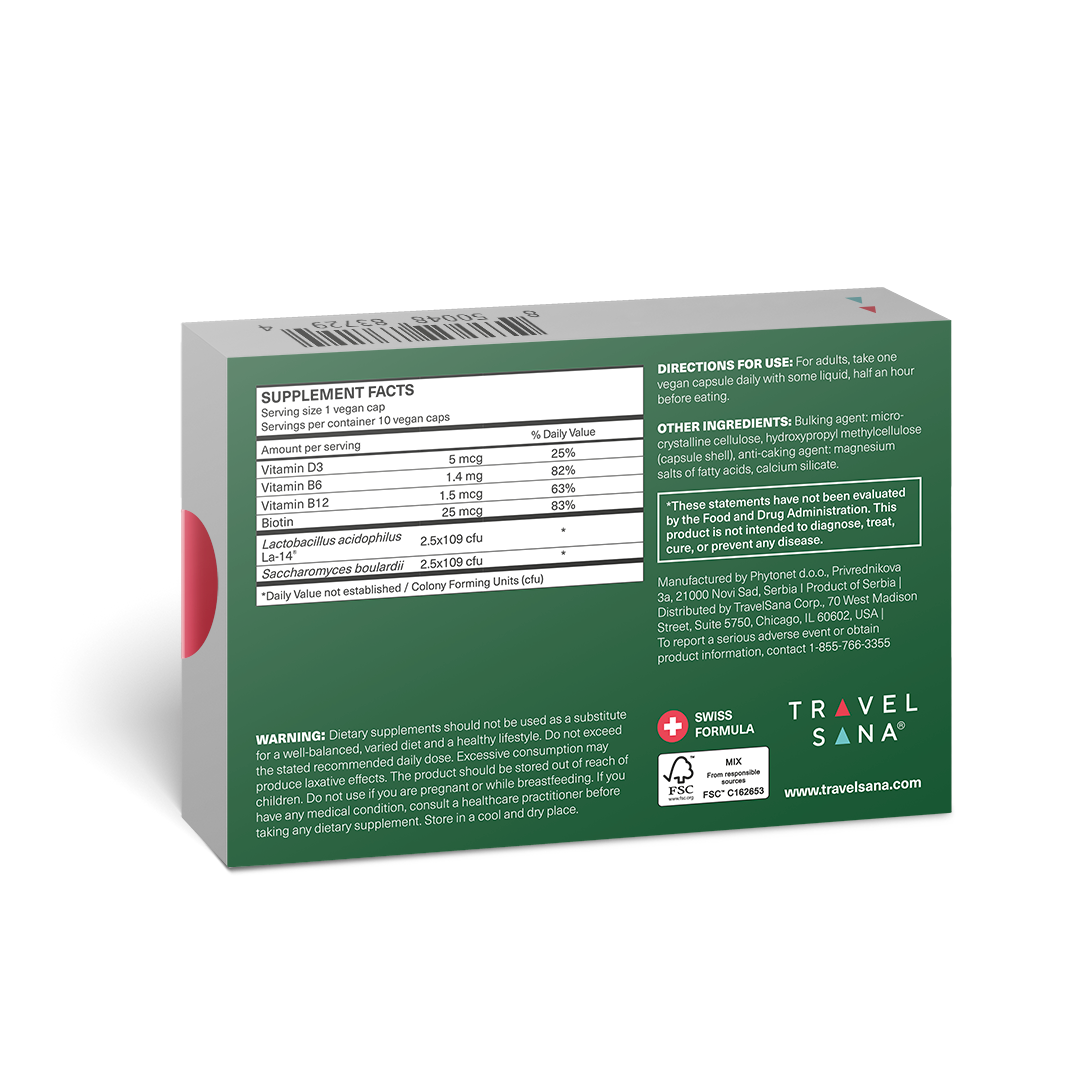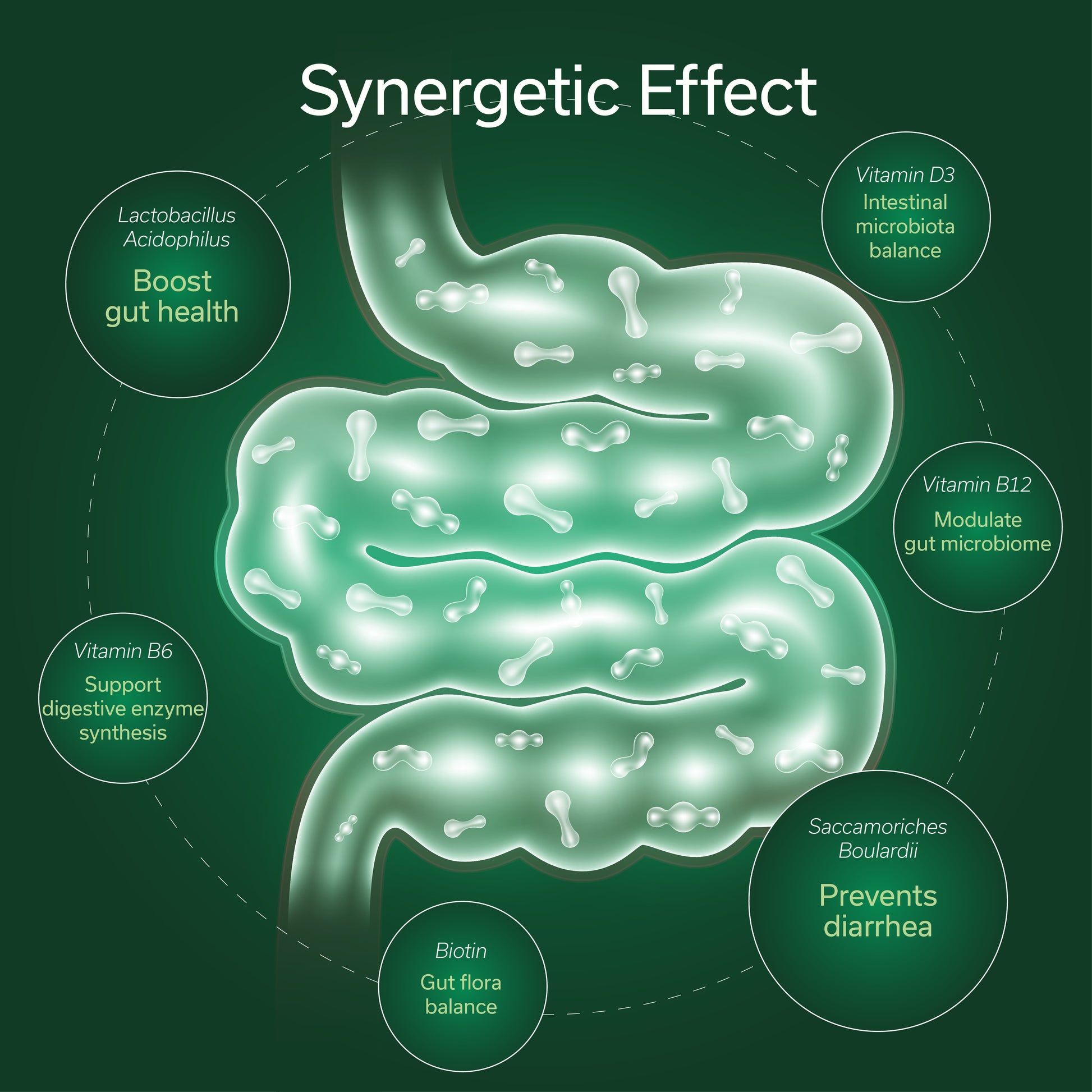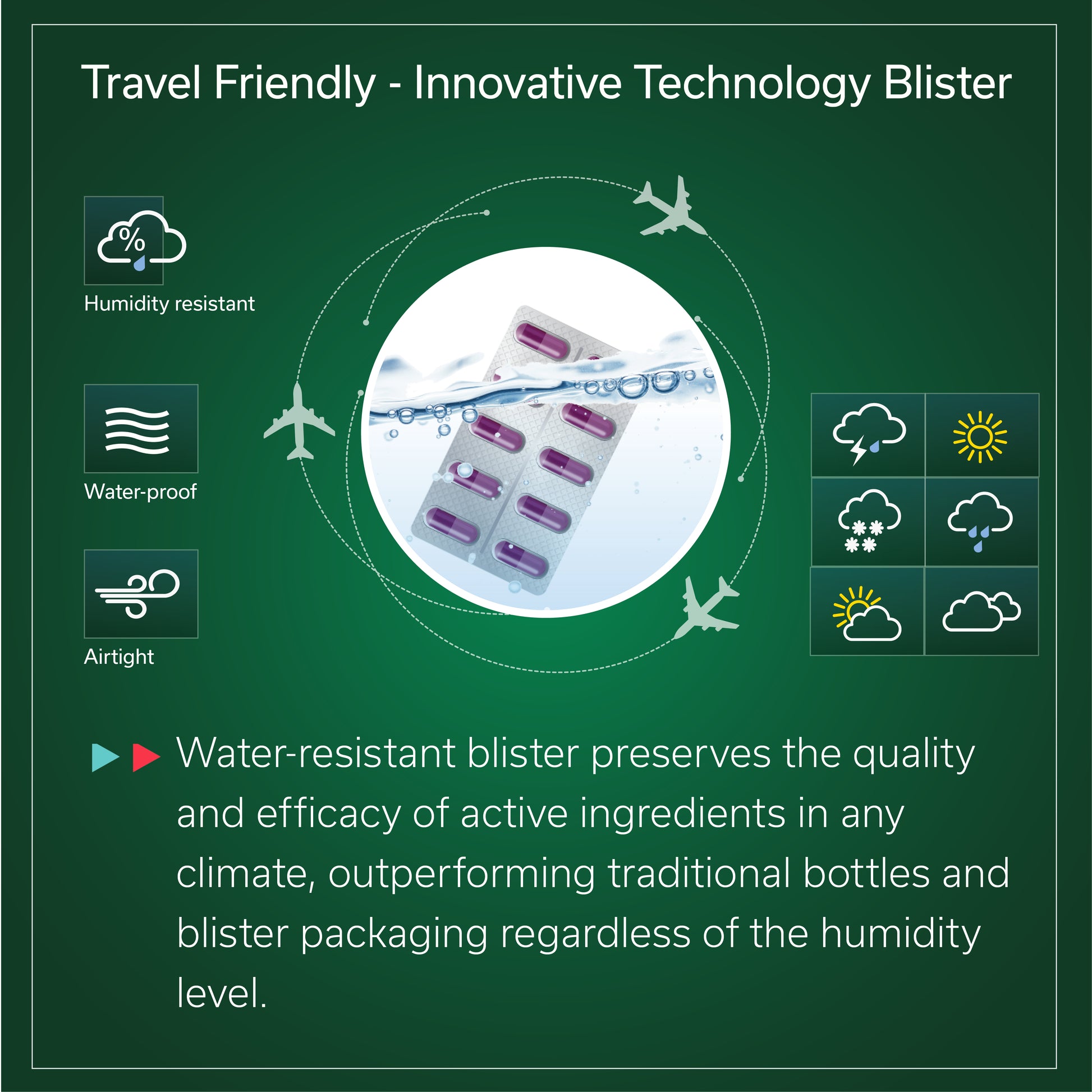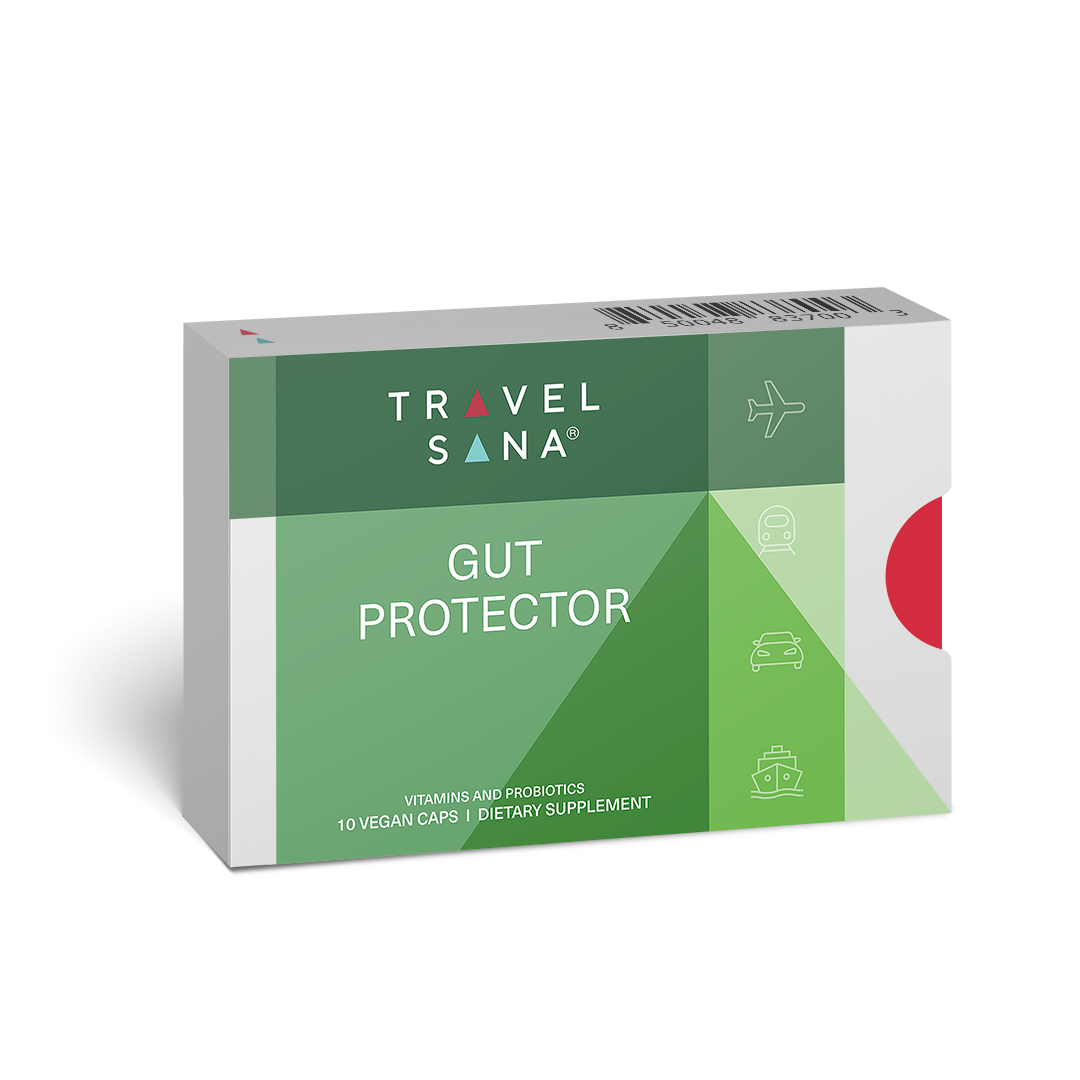
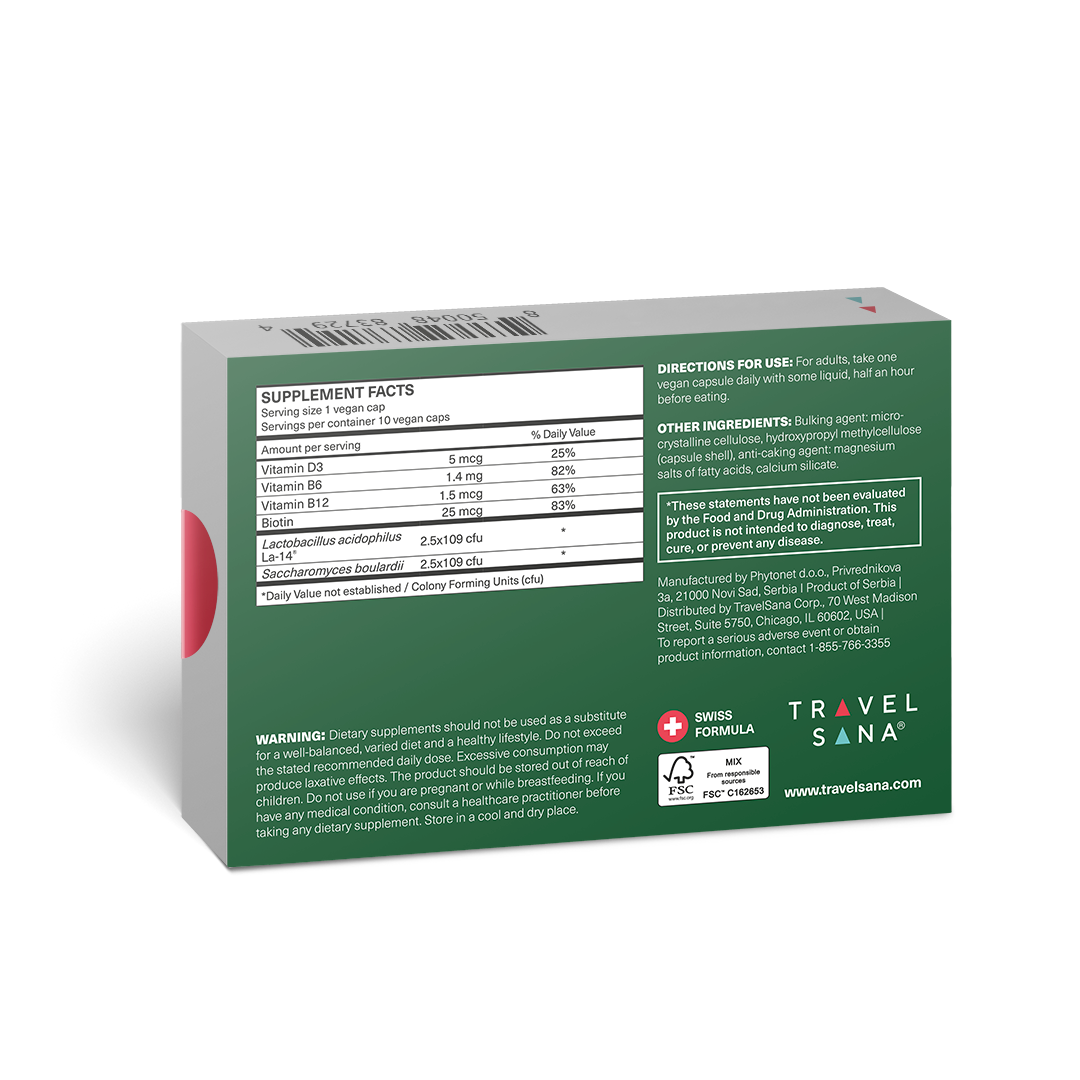
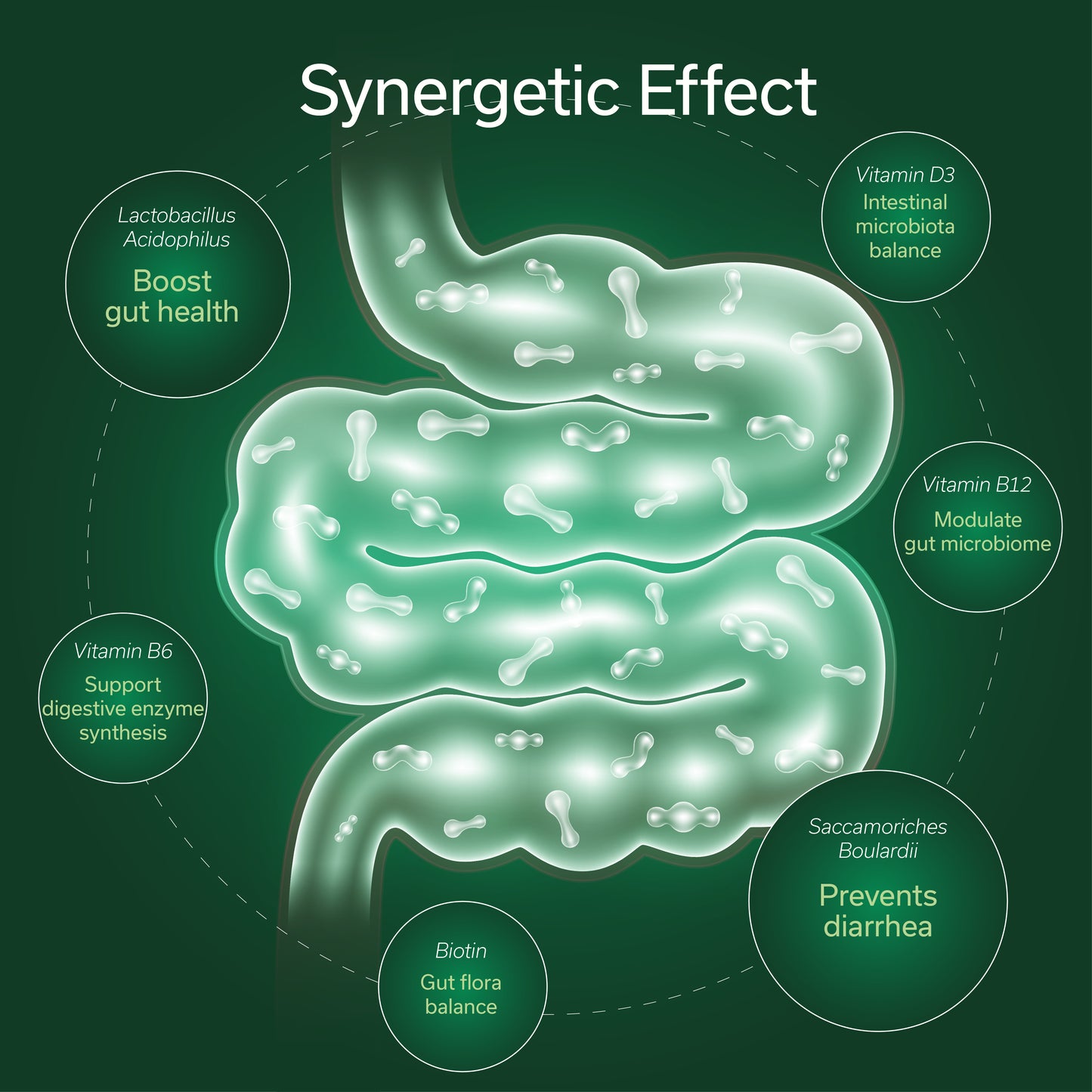
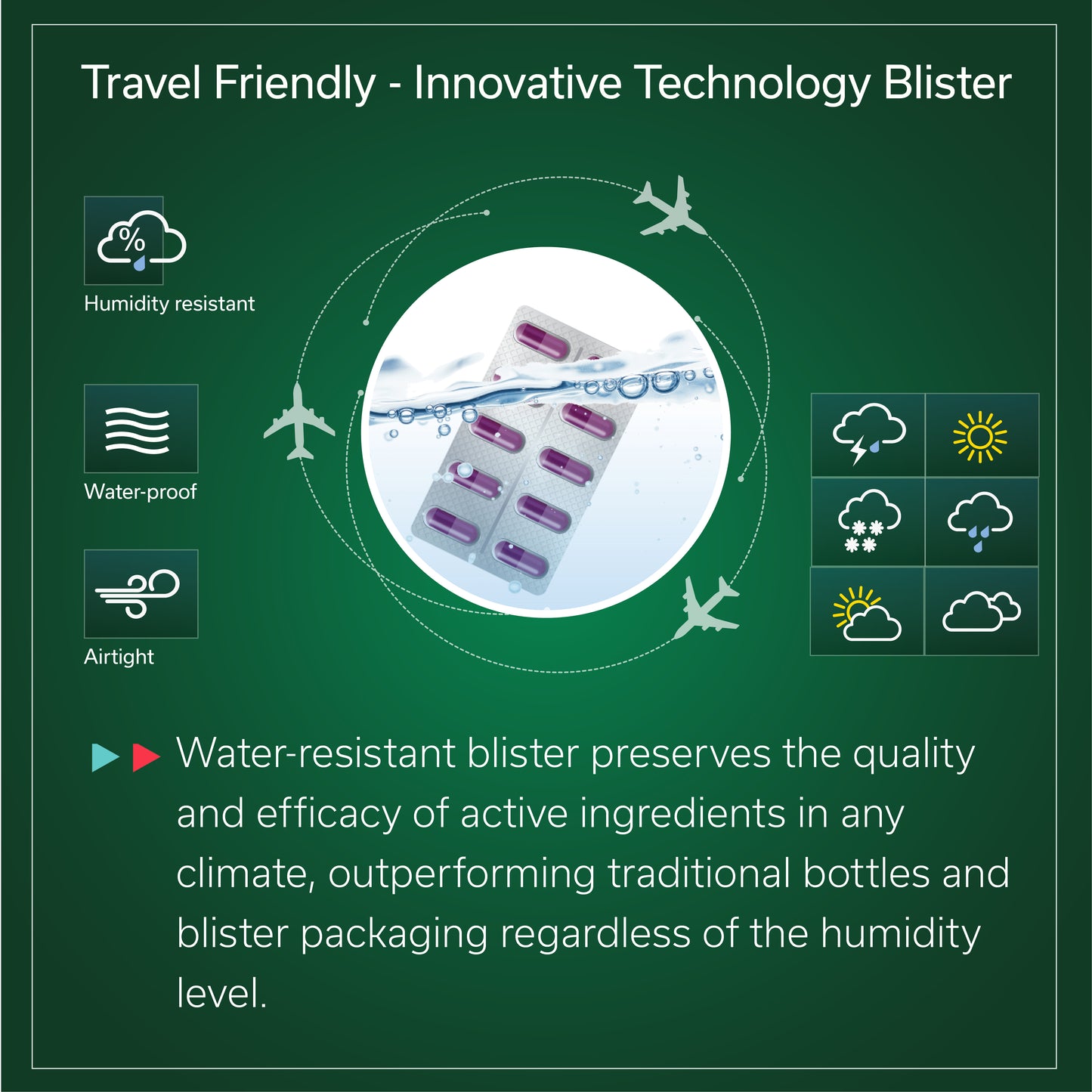
What is Lactobacillus acidophilus?
Lactobacillus acidophilus is a micro-organism found in the natural flora of the mucous membranes of the oral cavity, the human and animal digestive tract.
What is
Lactobacillus acidophilus
Lactobacillus acidophilus is a probiotic. The name probiotic is only accepted by regulatory bodies for micro-organisms with demonstrated health benefits for the host. The strain discovered in humans in the 1970s has been studied extensively by scientists. Its genome was sequenced in 2005. Used in the composition of fermented milks, in food supplements as well as in baby formulas (for more than 25 years in the United States), this probiotic has been the subject of numerous scientific studies on health.
It has been demonstrated that Lactobacillus acidophilus helps fight against the proliferation of pathogenic bacteria such as Staphylococcus aureus, Salmonella typhimurium and Escherichia coli. In order to survive in the digestive tract, probiotics must be able to adhere to the mucous membrane of the intestine. This property has also been proven. Lactobacillus is also known for its benefits for people who are lactose intolerant. Often suffering from bloating and digestive discomforts, it has been shown that people intolerant to lactose have seen the quality of their digestion improve.
Lactobacillus acidophilus is a micro-organism found in the natural flora of the mucous membranes of the oral cavity, the human and animal digestive tract and the vagina. It is present in milk, leaven and wine. This bacillus (rod-shaped) has an optimal growth in anaerobic and acidic environments (pH: 5.5-6.0).
This microorganism was first discovered in 1900 by an Austrian pediatrician (Ernst Moro 1874-1951) who isolated the strain from the stool of an infant. He gave it the name bacillus acidophilus because of its remarkable tolerance to acidic environments. Twenty years later, the species described by Moro was moved by Holland to the genus lactobacillus. These 2 publications did not meet all the criteria required by bacterial nomenclature, and it was not until 1970 that Arne Hansen and George Mocquot gave a first valid description. Today, it is classified as a probiotic and is used as such in acidophilus fermented milks and as an intestinal anti-infective in the form of food supplements.
Lactobacillus acidophilus is a probiotic. The name probiotic is only accepted by regulatory bodies for micro-organisms with demonstrated health benefits for the host. The strain discovered in humans in the 1970s has been studied extensively by scientists. Its genome was sequenced in 2005. Used in the composition of fermented milks, in food supplements as well as in baby formulas (for more than 25 years in the United States), this probiotic has been the subject of numerous scientific studies on health.
It has been demonstrated that Lactobacillus acidophilus helps fight against the proliferation of pathogenic bacteria such as Staphylococcus aureus, Salmonella typhimurium and Escherichia coli. In order to survive in the digestive tract, probiotics must be able to adhere to the mucous membrane of the intestine. This property has also been proven. Lactobacillus is also known for its benefits for people who are lactose intolerant. Often suffering from bloating and digestive discomforts, it has been shown that people intolerant to lactose have seen the quality of their digestion improve.
